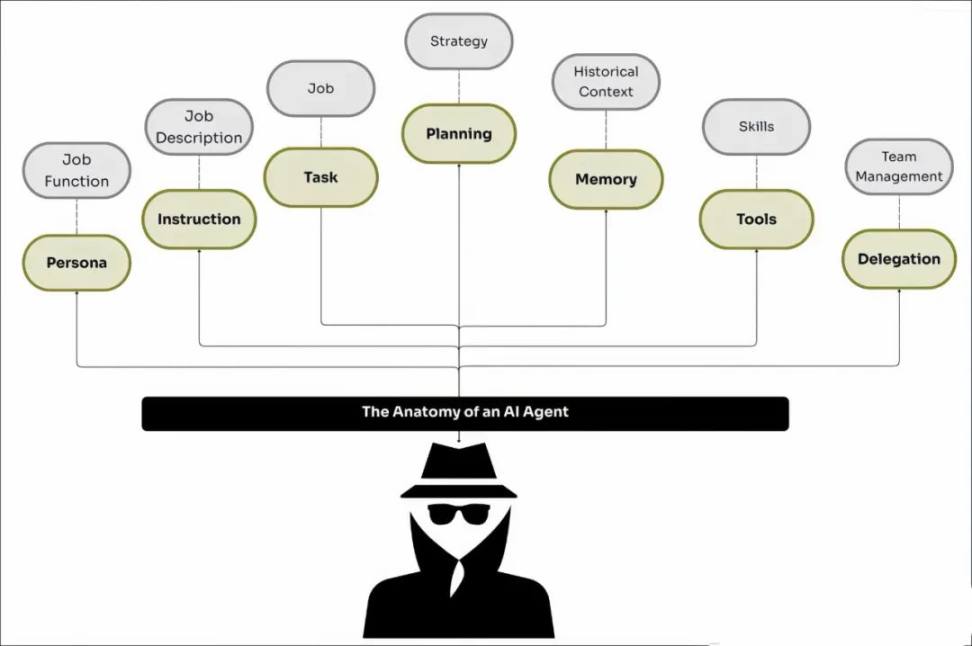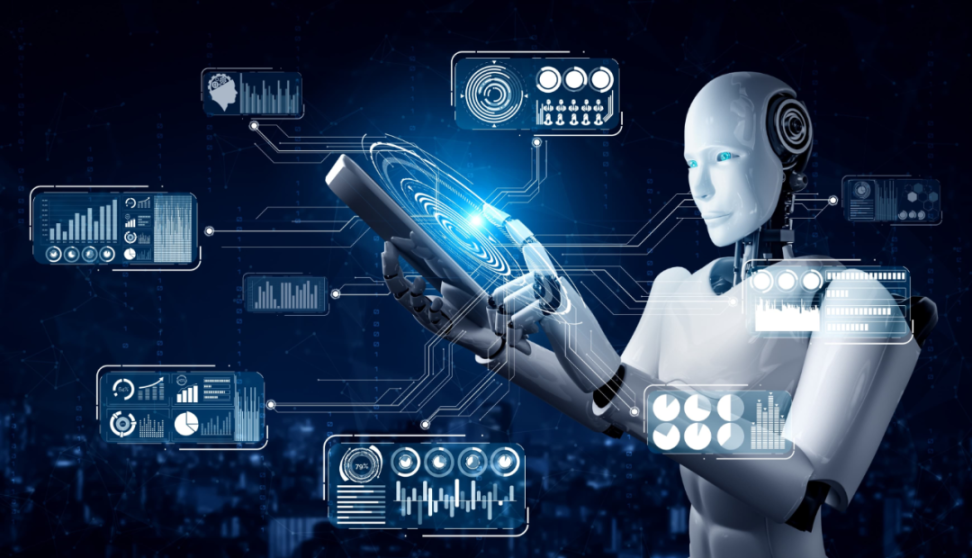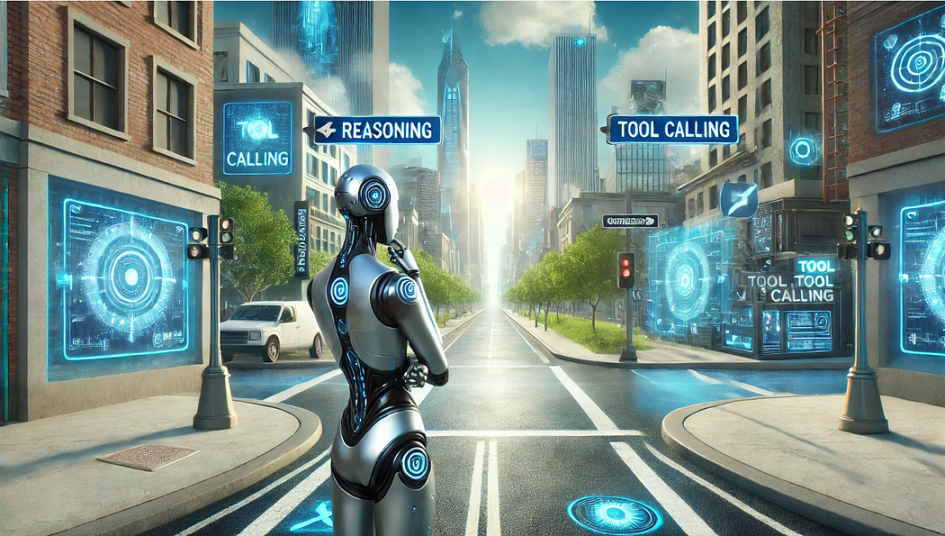This ratio is still 0% in 2024.
Source: VentureBeat
Compiled by: MetaverseHu
The pace of artificial intelligence development is accelerating, and capabilities that were once unimaginable are now a reality. In particular, AI agents—or virtual colleagues—will work alongside us in the future and may eventually be able to perform tasks independently.
In fact, Gartner predicts that by 2028, at least 15% of everyday work decisions will be made autonomously by AI agents (this ratio is still 0% in 2024).
To further emphasize the potential of AI technology, the company has listed it as a top strategic technology trend for 2025. Gartner's distinguished vice president and analyst Gene Alvarez stated, "This is happening very, very quickly."
"No one can finish all their work before going to bed, and businesses need to spend a lot of time monitoring things. Creating AI agents can not only replace some tasks and assist businesses in detection, but also improve work efficiency and save time."
What other predictions does Gartner have for future strategic technologies? Here are some trends discussed at the Gartner IT Symposium/Xpo 2024 conference.
01. AI Agents: A Love-Hate Relationship
Alvarez explained, "The primary role of AI agents is to handle tedious tasks that consume human time and energy. The next level is AI agents that can autonomously monitor and manage systems."

"AI agents have the ability to plan, perceive, and take action; they can analyze, fix, and report what is happening, rather than just existing as monitoring systems."
"In more complex scenarios, agents may one day help enhance employee skills. For example, situations that previously required new employees to learn from human colleagues can now be guided by AI colleagues."
Alvarez acknowledged that this is both exciting and concerning, as fears of unemployment still exist.
"But if AI agents can truly teach me a new set of skills, I can transition from a job I am about to lose to one that is in demand."
02. Building Trust in AI
Alvarez then pointed out the next major trend: "Now we have a whole new workforce; how do we manage them?"
The management topic will give rise to a series of AI governance platforms that enable businesses to manage the legal, ethical, and operational performance of their AI systems.
New tools will create, manage, and enforce policies to ensure transparency in AI. These platforms can also check for biases in AI assistants and provide information for building models.
Alvarez expects that these tools will eventually become part of the AI creation process to ensure that ethics and governance are embedded in the models from the start.

Alvarez stated, "We can create trust through transparency; if people lose trust in AI, they will stop using it."
03. "Not Just a Computing Model"
Alvarez pointed out that there are seven computing paradigms currently in use: CPU, GPU, edge computing, application-specific integrated circuits, neuromorphic systems, classical quantum computing, and optical computing.
Alvarez stated, "We have always had a mindset of continuously adapting to change, but future hybrid computing paradigms will operate by combining different computing, storage, and networking mechanisms. Coordinating software will shift computing from one type to another based on the task and the most suitable method for that task."
"At the same time, newer, more specialized computing technologies will significantly reduce energy consumption. This is crucial as the pressure to lower consumption and carbon footprints is increasing. However, the demand for AI's IT computing power is also growing at an astonishing rate."
"Incremental improvements are not enough; businesses need long-term solutions. They also need new technologies, such as green cloud providers or more efficient new algorithms, which could potentially increase efficiency by thousands, or even tens of thousands or hundreds of thousands of times."
04. Proactively Addressing Information Security Issues
AI allows some "threat actors" to spread misinformation more quickly and easily. They can push deepfake information, create phishing emails, exploit vulnerabilities in collaborative tools, use malware for eavesdropping, launch account attacks, and more.

Therefore, addressing misinformation and protecting information security has become crucial, requiring active assessment of authenticity, tracking the spread of harmful information, and preventing the emergence of counterfeit information.
Key elements include brand impersonation scanning, third-party content assessment, claims and identity verification, phishing mitigation, account takeover prevention, social/media and dark web monitoring, and emotional manipulation.
Alvarez explained that deepfake detection will also be able to identify synthetic media, while watermarking tools will help ensure users interact with real people.
According to Gartner, by 2028, half of enterprises will begin adopting products, services, or features specifically designed for misinformation security, while currently, this ratio is less than 5%.
Alvarez stated, "Misinformation security will not just be a single technology; it will be a collection of technologies."
05. Preparing for the "Post-Quantum Era"
Currently, the internet uses public key cryptography, which is asymmetric encryption that ensures secure communication between two points.
Alvarez explained, "This encryption is hard to crack because the time to break it is too long. However, quantum technology is advancing rapidly and will play a role at some point because it has the mathematical capability to break it in real-time."
Gartner predicts that by 2029, advancements in quantum computing will render most traditional asymmetric encryption technologies insecure.
Alvarez added, "Organizations must now prepare for post-quantum encryption technologies to ensure their data can withstand decryption. Transitioning encryption methods is not easy, and this is 'not a simple patch.'"

The established standards from the National Institute of Standards and Technology (NIST) are a good starting point. Alvarez noted that the agency will release the second version of its post-quantum encryption guidelines in the spring of 2025.
"What do you do when all the locks are broken? You need new locks. We need to ensure our security is updated before quantum technology becomes a reality."
06. AI Enhancing Our Cognitive Abilities
Gartner is looking further into the realm of science fiction, predicting an increase in the use of bidirectional brain-machine interfaces (BBMI), which can read and decode brain activity to enhance human cognitive abilities.
Alvarez explained that these devices can be directly integrated into our brains or implemented through wearable devices like glasses or headbands.
Gartner predicts that by 2030, 30% of knowledge workers will use technologies like BBMI to remain competitive in an AI-driven work environment (this ratio is still less than 1% in 2024).
Alvarez stated, "I see the potential for enhancing human skills and the next generation of marketing; for example, brands will be able to understand consumers' thoughts and feelings, thereby gauging their emotions."
Alvarez ultimately compared this to the 2011 film "Limitless" and the Apple TV series "Life After Life."
Alvarez stated, "To be fair, both works do not portray this technology in a wholly positive light, but it enhances cognitive abilities by entering the human brain."
免责声明:本文章仅代表作者个人观点,不代表本平台的立场和观点。本文章仅供信息分享,不构成对任何人的任何投资建议。用户与作者之间的任何争议,与本平台无关。如网页中刊载的文章或图片涉及侵权,请提供相关的权利证明和身份证明发送邮件到support@aicoin.com,本平台相关工作人员将会进行核查。



